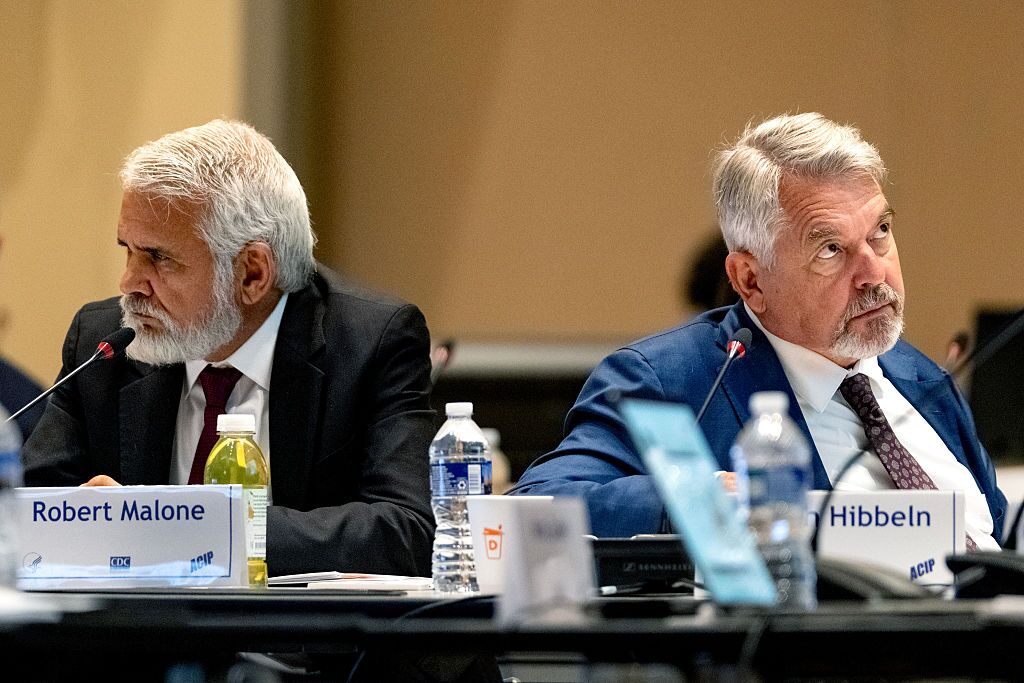RFK Jr.'s vaccine advisers raise disproven fears about the preservative thimerosal

RFK Jr. reshapes vaccine policy as his new advisers rescind some flu shot recommendations and prepare for their first meeting, signaling a shift in immunization guidance.

All major sources, one page
Feel the mood behind headlines
Know what’s trending, globally
Get summaries. Save time
7,654
122
211
4 hours ago
Get instant summaries, explore trending stories, and dive deeper into the headlines — all in one sleek, noise-free mobile experience.
Stay sharp in 60 seconds. Get concise summaries of today’s biggest stories — markets, tech, sports, and more
All major sources, one page
Feel the mood behind headlines
Know what’s trending, globally
Get summaries. Save time
7,654
122
211
4 hours ago
Get instant summaries, explore trending stories, and dive deeper into the headlines — all in one sleek, noise-free mobile experience.
Stay sharp in 60 seconds. Get concise summaries of today’s biggest stories — markets, tech, sports, and more